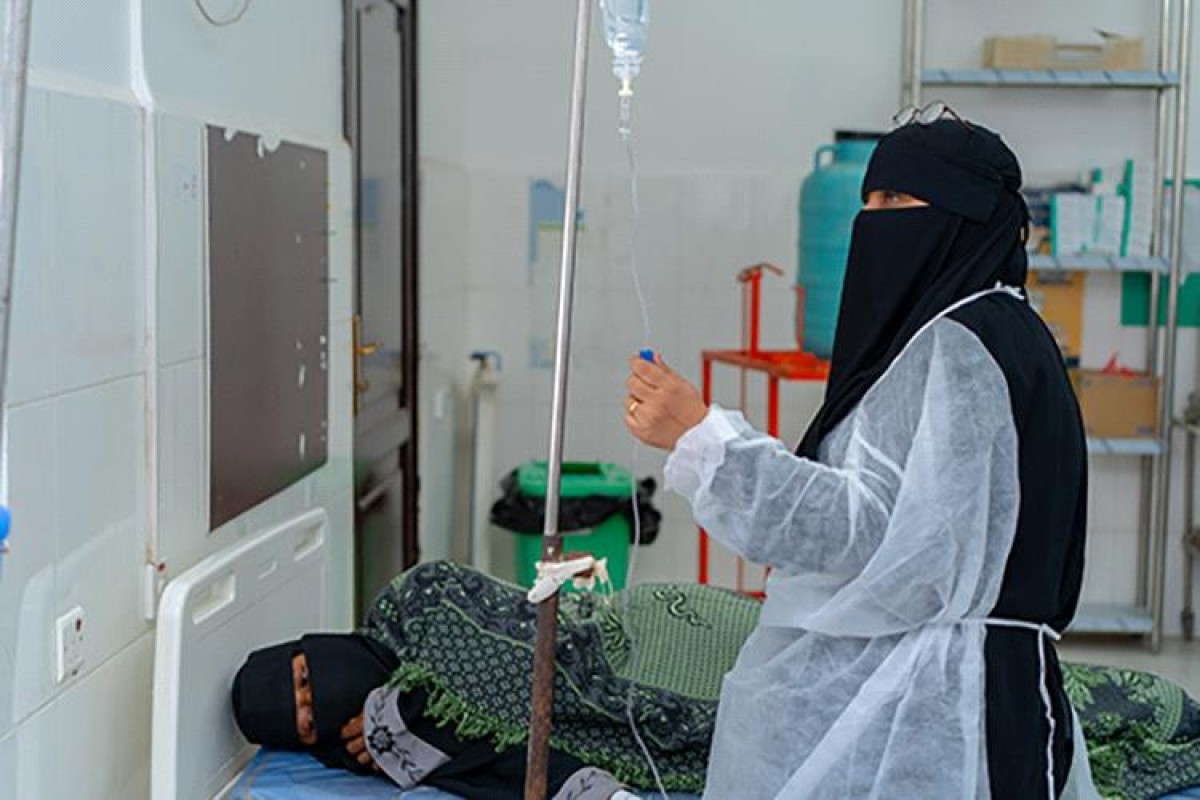World Health: Yemen ranks fifth in the world in the registration of cholera cases


Yemen faces an upward wave of cholera and acute water diarrhea, amid international warnings of the exacerbation of the health situation in the country.
The World Health Organization announced, in its latest reports, the recording of about 12,942 new injuries and 10 deaths related to the disease during the period from January 1 to April 27, 2025.
And April alone recorded 1352 cases, including one death, an increase of 6% compared to March, which counted 1278 new injuries without any deaths, according to the report.
According to the international organization’s data, Yemen ranks fifth in the world in terms of the number of cholera cases, after South Sudan (38,719 injuries), Afghanistan (31,813), the Democratic Republic of the Congo (21,527), and Angola (15,844). Yemen was also classified as the second highest country in the eastern Mediterranean region after Afghanistan.
The report pointed out that the total number of injuries in the region reached 63,972 cases during the first four months of this year, while Yemen recorded the third highest death toll after Sudan, which issued the list with 209 deaths, and Afghanistan with 11, ahead of Somalia, which was reported to 5 deaths.
On a global level, the World Health Organization has documented 157,035 new cholera injuries in 26 countries among three different regions, including 2,148 deaths, during the same period.
In a related context, a recent health statistic revealed that more than 3,400 injuries and 7 deaths were registered as a result of the outbreak of cholera, measles and viral diets such as dengue fever, “unclear” and the Nile Valley fever in Taiz Governorate, between January 1 and May 21, 2025.
According to the health media, the coastal district district witnessed the first death of dengue fever in the province since 2022, which reflects the return of the disease after a period of decline.
Health specialists warn that the continued collapse of health care infrastructure, in addition to the weakness of water and sanitation networks, increases the risk of the spread of these epidemics, especially with high temperatures and the absence of emergency interventions.
The World Health Organization called for strengthening response efforts and intensifying awareness and vaccination campaigns, warning that delay in intervention may lead to a greater rise in infection and death rates, especially in areas with high population density and frequent displacement.